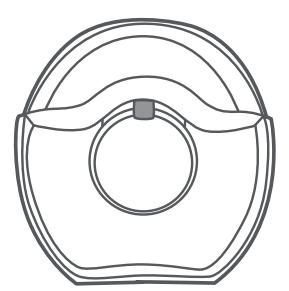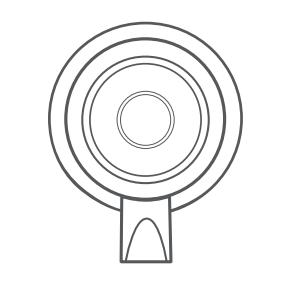In the busy and challenging journey of parenting, the GLE10 breast pump has become a reliable aid for many mothers. To ensure the cleanliness and safety of the breast pump, and to protect the health of both mother and baby, mastering the correct cleaning and sterilizing methods is crucial. This article will provide you with step-by-step guidance to effectively clean and sterilize your breast pump, maintaining its optimal performance.
Overview of Cleaning
Cleaning and sterilizing are two distinct tasks that must be completed separately to maintain the breast pump's functionality while taking care of both mother and baby.
Cleaning - Physically removing contaminants from the surface of components
Sterilizing - Killing live organisms, such as bacteria or viruses, that may be present on the surface of parts
Note: Rinse all parts with cold water before high-temperature sterilization to remove any residual milk. Do not use hot water for pre-rinsing, as it may cause proteins to coagulate, making them harder to clean.
|
When to clean |
|
|
|
|
Split before first use |
Disassemble Cleaning Disinfect |
Disassemble Cleaning Disinfect |
Disassemble Cleaning Disinfect
|
|
Wash after each use |
Cleaning |
Disassemble Cleaning
|
Disassemble Cleaning
|
|
Once a day |
Disinfect |
Disassemble Disinfect |
Disassemble Disinfect |
*Note that the main unit is not waterproof
Disassembly Breast Pump
Precautions:
Do not spray or pour liquid directly onto the main unit
Use only drinking quality water for cleaning
Disassemble and clean parts that come into contact with the breast and breast milk immediately after use to prevent bacterial growth from residual milk
Before cleaning the main unit, remove the breast pump kit and accessories (silicone T-shaped piece (diaphragm + valve), milk collector, silicone flange)
Disassemble the pumping accessories into individual parts (silicone T-shaped piece, milk collector, silicone flange), and check all parts for damage
Replace any damaged or worn parts
Preventive Measures:
Breast pump accessories do not require maintenance
carefullywash the pump accessories to avoid damaging them
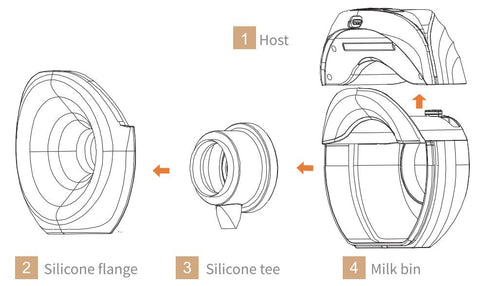
Cleaning Breast Pump
Before first use and after every use:
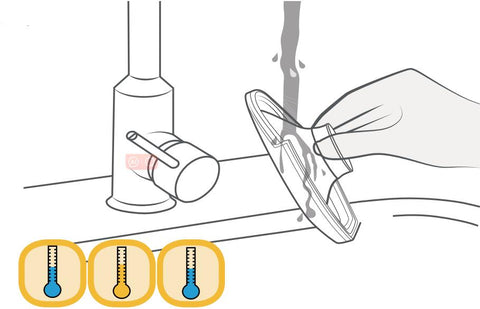
1.Rinse all parts with clean, drinkable cold water (68°F/20°C)
2.Wash all parts with plenty of soapy water (about 86°F/30°C) using a detergent available on the market, preferably one without artificial fragrances and colorants (neutral pH)
3.Rinse all parts with clean, drinkable cold water (68°F/20°C) for 10-20 seconds, then let them air dry
Breast Pump Sterilization
method one
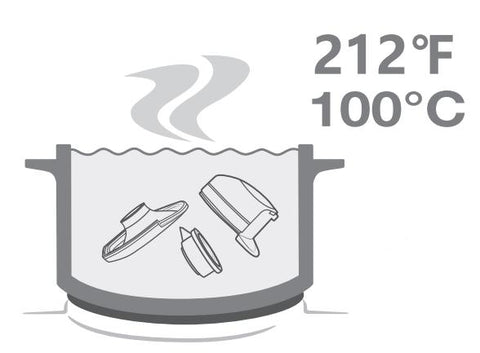
Place the cleaned and rinsed parts into boiling water (212°F/100°C), fully submerge the parts, let them soak for a while, sterilize, and then let them air dry
Method Two
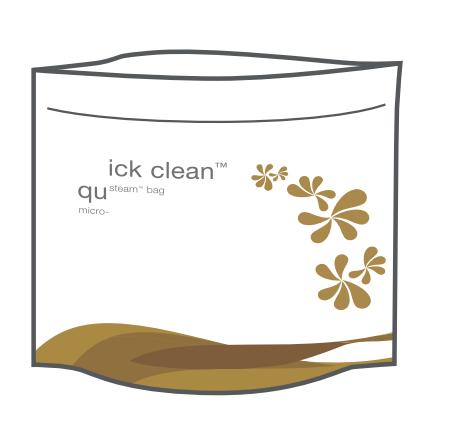
Place the cleaned and rinsed parts into a microwave steam cleaning bag, ensuring there is enough space for steam circulation. Follow the instructions on the bag, usually microwaving for about 15 minutes, but adjust the time based on your microwave's power. Carefully remove them afterward to avoid scalding.
Note: After high-temperature sterilization, make sure the parts are cooled before assembly, as silicone parts expand with heat and contract with cold. Assembling the breast pump while the parts are still hot can make disassembly very difficult next time.
Drying:
Gently wipe dry with a clean, lint-free cloth or let air dry on a clean cloth. Store the cleaned parts in a clean storage bag or clean environment. Do not store wet parts in a sealed container/storage bag. Ensure any residual water is completely dried.
Clean the Breast Pump Host
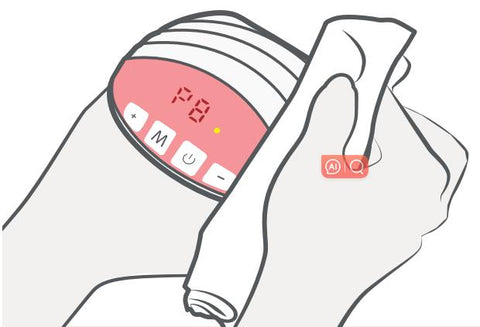
To clean the main unit, gently wipe the outer shell with a clean, damp (not dripping) lint-free cloth. Use drinking quality water and an alkaline cleaning solution.
It is recommended to use an alkaline cleaning solution without abrasive particles to wipe the breast pump unit, effectively removing dirt without damaging the surface of the machine. Avoid using chlorine or other corrosive cleaning agents, as they may damage the appearance or internal circuits of the machine.
By following these steps, you can ensure the cleanliness and sterilization of your GLE10 breast pump, providing a safe and hygienic nursing environment for you and your baby. Remember, regularly cleaning and correctly sterilizing the breast pump not only extends the device's lifespan but also protects the health of both you and your baby. We hope this guide makes your daily pump cleaning routine easier and more confident, allowing you to enjoy wonderful moments with your baby. Additionally, for the health of both mother and baby, it is recommended to replace the breast pump parts such as the milk collector, flange, and silicone T-shaped piece (diaphragm + valve) 3-6 months.


